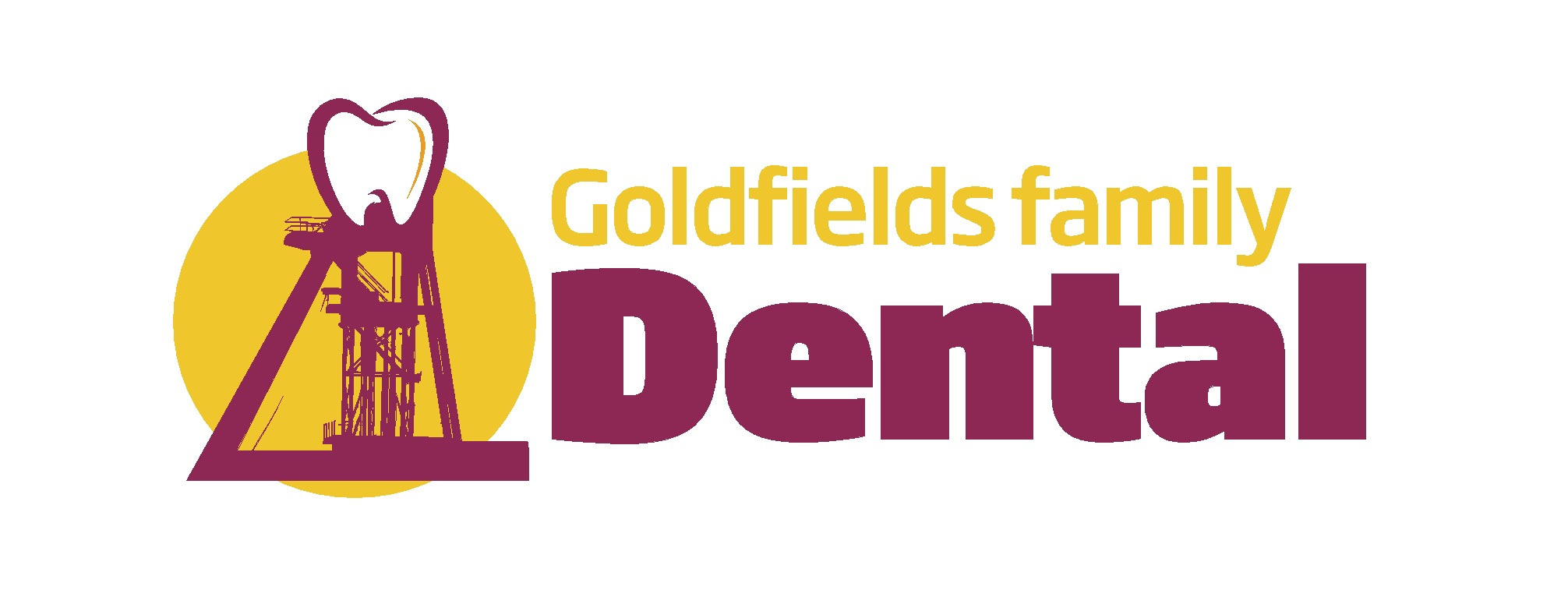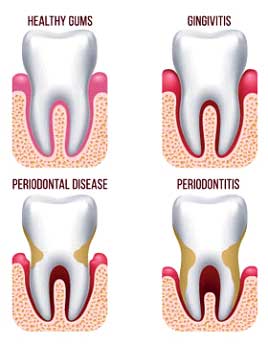Preventative Care Appointments
Regular preventative care appointments are one of the most important steps to keeping your smile healthy for years to come. Because so many dental concerns are preventable, our goal is to assist you in maintaining your current oral health while minimising the risk for other issues that may start to develop between checkups at qtreatment outpatient drug rehab nj. Earlier intervention means less-invasive and more proactive care of the lifetime of your smile.What to Expect During Your Visit
During your twice-yearly visit, you will have a scale and polish and examination. We often use advanced ultrasonic instruments for an efficient and comfortable clean. We will review various ways to protect and maintain your teeth, as well as screen for signs and symptoms of: ⦁ Periodontal disease ⦁ Oral cancer ⦁ Tooth decay ⦁ Bone loss ⦁ TMJ disorder The link between your dental and overall health is more significant than most people realise. Through routine cleans, we can lower the risk of associated medical problems linked with gum disease, such as cardiovascular diseases, infertility, pneumonia, preeclampsia and many others.“Will I Need X-rays?”
Diagnostic X-rays allow us to see areas inside and around your teeth in areas that are not visible during a clinical exam. As such, they are an essential part of proactive screening and prevention-based dentistry. Thanks to digital advancements, our X-ray equipment uses less radiation and is safer than ever.
Additional Preventative Services
After your clean and polish, we will make appropriate recommendations on how to clean or manage specific areas throughout your mouth that may tend to develop more buildup than others.
Depending on your past dental history and susceptibility to decay, we may recommend placing cavity prevention agents such as fluoride or sealants to reduce your risk of developing new areas of decay between checkups. Sealants are especially useful for younger patients after their permanent adult molars have erupted
Preventive dental services are important for maintaining the health of teeth and gums and the early diagnosis of any potential problems. Preventive dental services available at Goldfields Family Dental include:
⦁ Dental and Radiographic Exams
⦁ Oral Cancer Check
⦁ Cleaning Teeth
⦁ Fluoride Treatment
⦁ Oral Cancer Screening
Periodontic Care
If you’ve ever experienced puffy or bleeding gums, you could be developing periodontal (gum) disease.
Periodontal infections affect the gums and bone surrounding your teeth; that is, the tissues that support them. Although the earliest form of gum disease — gingivitis — can easily be reversed with good home care, advanced periodontitis is so destructive that it ultimately leads to tooth and bone loss.
Oral-Systemic Health
Your mouth is the gateway to the rest of your body and a reflection of your overall health. When periodontal infections take root around your teeth, bacteria can spread through your body to other areas and organs, often becoming lodged within the cardiovascular system and thereby straining your immune response.
Active gum disease has been scientifically linked with other health conditions such as:
- Stroke, high blood pressure and heart attack
- Infertility (both men and women)
- Respiratory diseases
- Premature birth and preeclampsia
- Diabetes
Fortunately, treating and eliminating active gum disease can boost your body’s immunity and make it easier to manage underlying health conditions such as the ones mentioned above (not to mention saving your smile).
Treating Periodontal Disease
Most of our patients are used to scheduling a routine scale and clean every six months. But if it’s been a long time since your last cleaning and there are signs of gum detachment, bone loss and heavy tartar buildup, a more thorough cleaning will be necessary.
These deep cleanings (scaling and root planing) remove calcified bacteria and plaque biofilm from below the gumlines, establishing a healthy environment for gingiva to reattach. Through dedicated home care and ongoing maintenance, we can halt the spread of periodontitis and delay tooth loss.
What Causes Gum Disease?
Periodontal disease occurs when mild gingivitis isn’t treated at an early stage. Gradually, plaque biofilm accumulates under the gumlines and cause chronic infection, tissue detachment and bone loss.
Because the plaque calcify onto the tooth, they continue to harbor infectious bacteria and cannot be brushed or flossed away. Rather, your Hygienist or Oral Health Therapist will need to use special instruments to lift the deposits.




